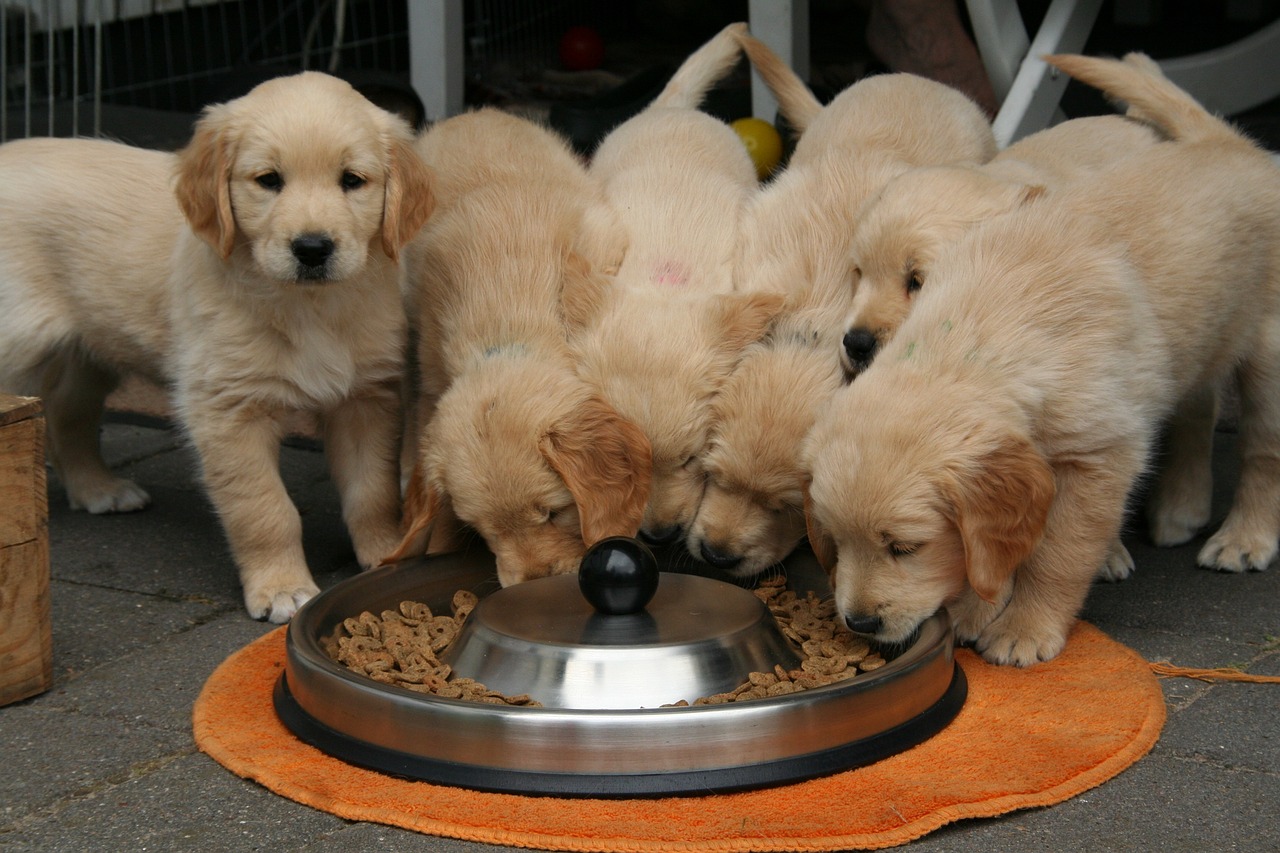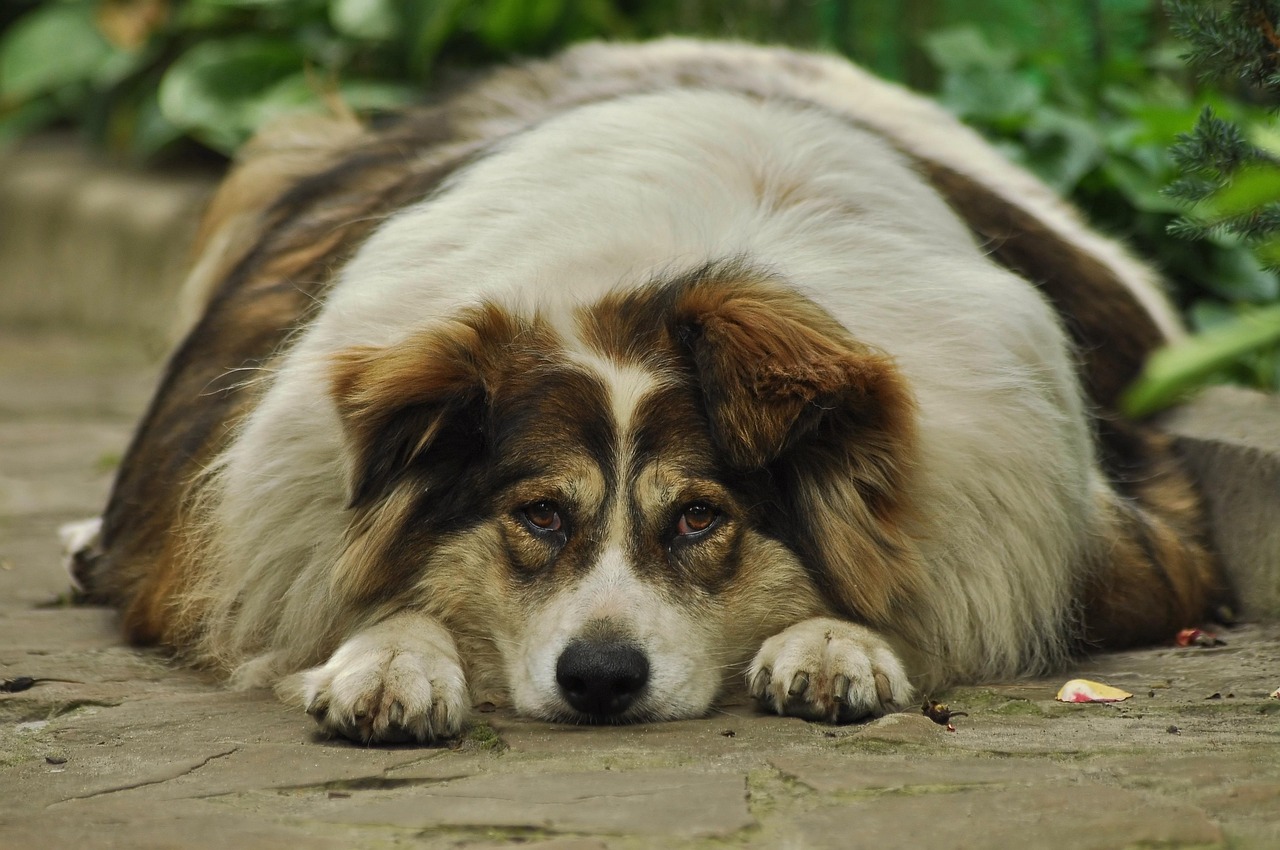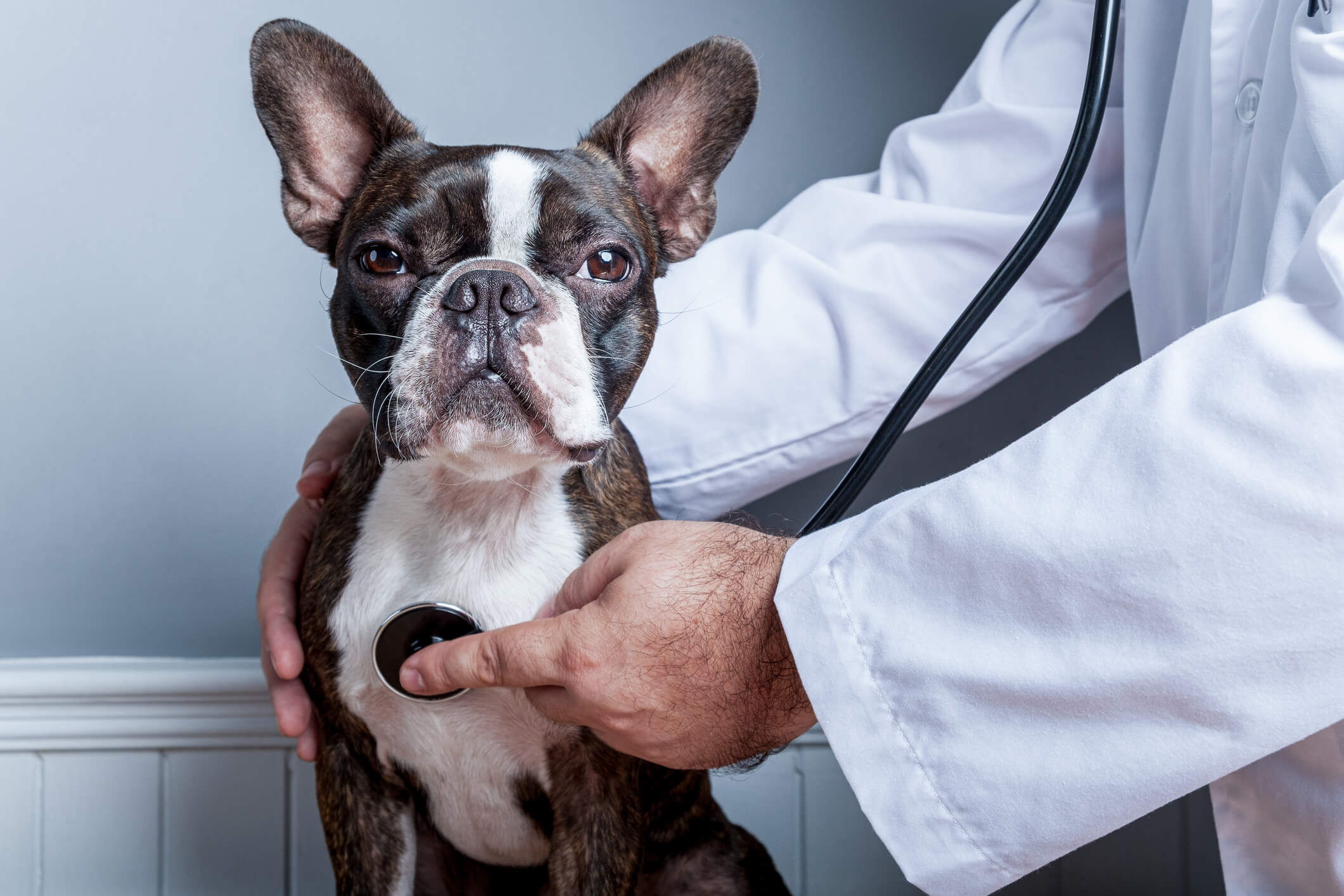Managing Your Dog’s Diarrhea: The Pumpkin and Turkey Solution

While many may opt for a standard bland diet of boiled hamburger and rice, an even better option is available. In this article, we'll explore why pumpkin and turkey are superior for dogs with diarrhea and provide valuable insights into managing this common canine ailment.
Understanding Loose Stools vs. Diarrhea:
Before diving into the solution, distinguishing between loose stools and diarrhea is crucial. Loose stools may manifest as shapeless, mushy, or soft poop with occasional mucus or film. They don't qualify as diarrhea unless they occur three or more times a day. If your dog's loose stools persist for over three days, even on a pumpkin and turkey diet, consult your veterinarian.
Recognizing Diarrhea as a Medical Concern:
Not all instances of diarrhea can be treated at home. Identifying whether your dog's condition warrants a veterinary visit is vital. Contact your vet if vomiting, bloody stools, fever, loss of appetite, changes in coat appearance, weakness, signs of dehydration, or abdominal discomfort accompany diarrhea. Special attention should be given to puppies, senior dogs, unvaccinated dogs, those exposed to toxins, pets on new medications, or those with preexisting health conditions.
The Initial Step: Fasting:
When diarrhea strikes, the first response is to withhold all food, treats, bones, and edibles (except water) for 12-24 hours. This allows your dog's digestive system to clear and rest. Ensure access to clean water to prevent dehydration during the fasting period.
The Best Diet for Dogs with Diarrhea: Pumpkin and Turkey Blend:
After fasting, introduce a diet of 100% pure canned pumpkin (avoid pumpkin pie filling) and boiled, fat-free turkey. Combine pumpkin and turkey in a 50/50 mixture and feed small, frequent meals throughout the day. This gentle approach aids your dog's digestive tract compared to a large meal.
If your dog's diarrhea persists beyond 48 hours or other concerning symptoms arise, consult your veterinarian promptly.
The Importance of Fiber: Pumpkin vs. Rice:
Traditionally, rice and hamburger or chicken were recommended for dogs with diarrhea. However, pumpkin outshines rice due to its fiber content. Pumpkin provides soluble fiber, which helps regulate digestion and soothe irritated bowels. Additionally, it supports dogs at risk of dehydration due to electrolyte loss.
Pumpkin also offers other advantages over rice, such as being species-appropriate for dogs and a lower risk of containing harmful substances like arsenic.
The Role of Fat: Why Choose Turkey Over Beef:
While ground beef is more common in households, it is higher in fat, exacerbating stomach issues. Opt for ground turkey, a leaner choice that is safer for your dog's digestion. Boiling the meat effectively removes fat without forming harmful compounds found in high-temperature cooking methods.
Alternative Options for Sensitive Dogs:
If your dog has specific dietary restrictions or preferences, consider substitutes like skinless mashed yams, sweet potatoes, white potatoes, cooked codfish, fat-free pork, or chicken breast.
Transitioning Back to Normal Food:
Once your dog's diarrhea has resolved (typically within 48 hours), transition them gradually back to their regular diet, starting 24 hours after their stool returns to normal. Incorporate progressively more of their typical food with each bland meal for a few days until they fully return to their usual diet.
Preventing Diarrhea:
While diarrhea is a common ailment in dogs, certain precautions can help reduce its likelihood or frequency. Avoid feeding spicy food or table scraps, discourage your pet from consuming rocks, sticks, or cooked bones, ensure adequate exercise and maintain a healthy weight, regularly check their stool for parasites, and provide a well-balanced diet.
By following these guidelines, you can better manage your dog's digestive health and keep them happy and healthy.
Get insurance plans with wide-ranging coverage options













